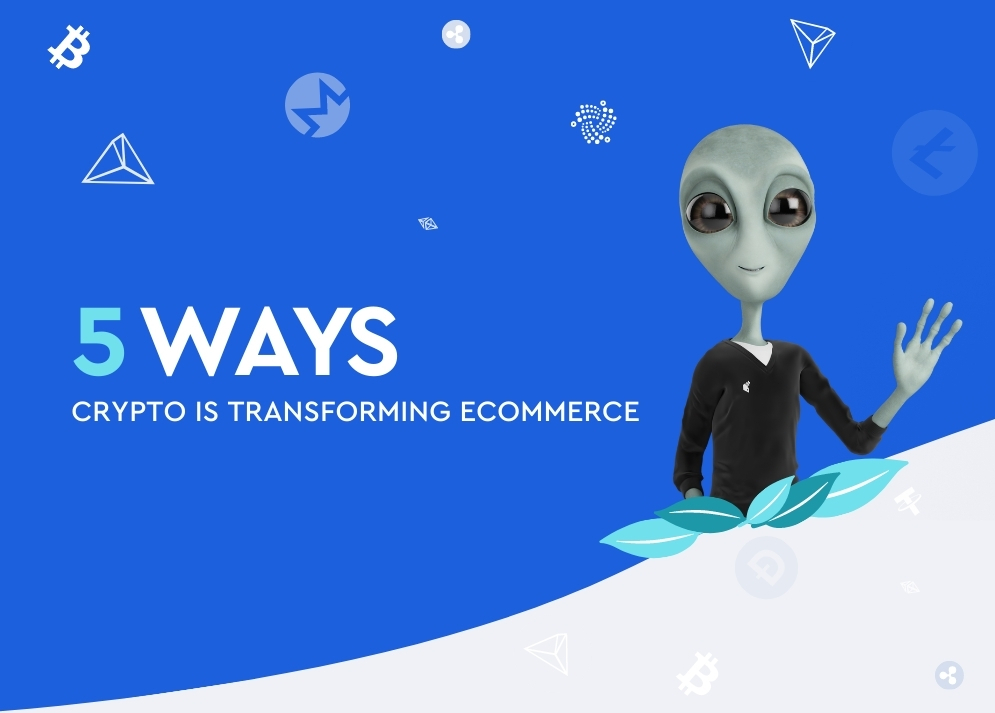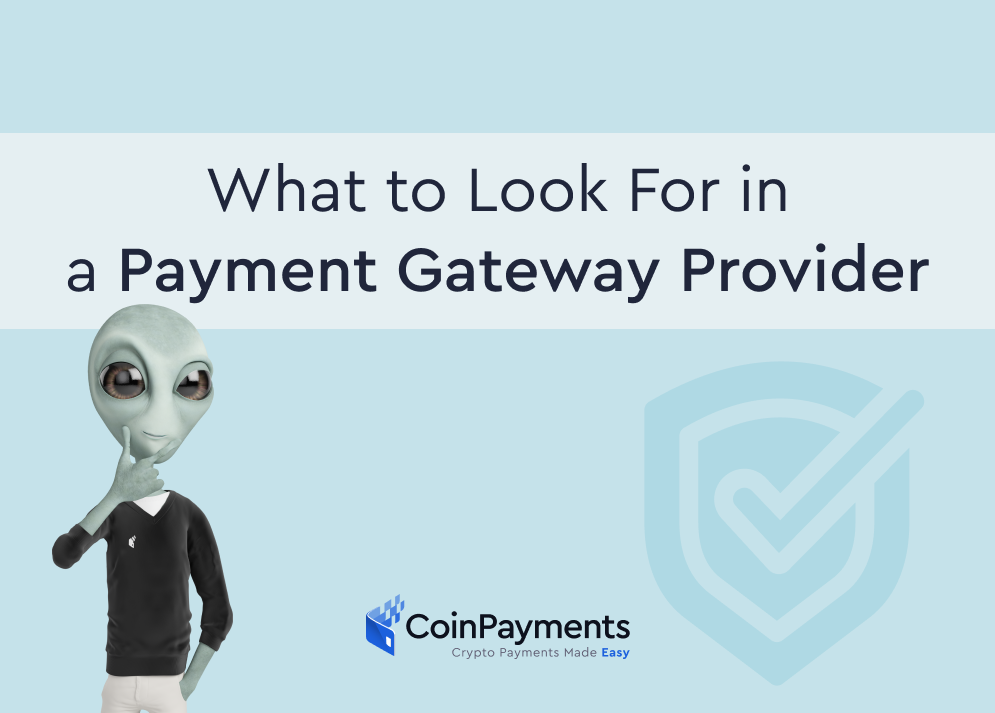
In a previous blog post, we explored how eCommerce goes hand-in-hand with the digital payments movement, as crypto takes the retail sector by storm.
Today, we’ve rounded up the top 5 ways crypto is revolutionizing eCommerce, and why players in this industry have the most to gain in this blockchain-fueled era of disruption.
- Borderless Buyers
The internet has enabled a truly borderless market for retailers, as merchants are no longer limited to serving customers in proximity to their brick-and-mortar stores. The fact is, however, the traditional payments industry is not designed or equipped to support this borderless market. Since 2005, Mastercard and Visa have levied cross-border fees, ranging anywhere from 0.40-1.40% per transaction, in addition to applicable foreign currency exchange fees.
Some businesses manage to circumvent these costs by using an acquiring bank that supports multi-currency processing, directing customers to local distributors, or registering a branch in a country where large volumes of sales occur. All of these options are, of course, costly, and not viable for smaller businesses hardest impacted by fees.
There is now another alternative. Crypto payments cut the clutter for merchants and consumers by eliminating foreign currency exchange fees and facilitating seamless cross-border payments.
- Fighting Fraud
Credit card chargebacks occur when a customer requests their bank return funds for a purchase. Designed to protect consumers from fraud, chargebacks have to be initiated during a specific time period, typically 120 days after the initial purchase. During this time, the merchant will lose the money from the sale and potentially pay a penalty fee of $20-$50 to the card issuer.
While merchants can dispute chargebacks, the process is lengthy and often favours the consumer. Another problem is that many chargeback claims are fraudulent, so-called friendly fraud. Nearly 80% of merchants recently surveyed by dispute technology firm Chargebacks911 admitted to experiencing an increase in friendly fraud attacks over the past three years.
Blockchain’s immutability makes it virtually impossible for friendly fraud and chargebacks, putting power back in the merchant’s hand and giving them the final authority on whether to ‘refund’ a customer.
- High-speed Transactions
The time it takes for merchants accepting credit card payments to receive the funds can vary from 24 hours up to three days, impacting working capital.
The reason behind this lag is the multi-step process funds must go through to move from bank account to another, with many parties involved.
At point of sale, the payment is authorized by the acquiring bank (where the merchant holds an account), which then issues an authorization request to the issuing bank (where the customer holds an account). Once authorization is confirmed, the approval code is sent, typically within seconds, back to the point of sale. The process is then repeated, this time with the draft of sales. The funds are then sent to the merchant’s account, minus fees.
Cutting the need for various intermediaries, blockchain-mediated finance sets the stage for faster transaction settlement times.
- Eliminating Fees
In addition to potential cross-border and foreign exchange fees, credit card payments incur standard processing fees of 2-4% (or higher) for every transaction – not to mention set up, monthly, and other fees.
For any size business, these fees take a sizable bite out of the bottom line. Some merchants aim to minimize costs by exploring different payment processor options, but the reality is that businesses have long been shackled to these costs and often do not fully understand the breakdown of fees in the less-than-transparent billing process.
With no interchange fees and with processing fees as low as 0.5%, accepting crypto payments helps businesses become more cost-efficient.
- Competitive Advantage
New customer acquisition is one of the most costly undertakings for ambitious businesses that are trying to grow market share and scale profits. New product lines, price promotions, marketing communications, and partnerships are all great ways to secure mind and wallet share, but these also require an up-front investment.
The importance of the payments process for securing new customers should not be underestimated. Tech-savvy customers are looking for options when it comes to choosing how they pay, as well as an easy, frictionless process. Avoiding cart abandonment has become more important than ever, and payment options should not be the barrier to new customer success.
Businesses accepting a diverse range of crypto payment methods can welcome a whole new audience, giving them an edge over competitors without having to change their core product.
Want to start accepting crypto? Open your free CoinPayments business account today.
Want to share your thoughts? Join the conversation on LinkedIn.



